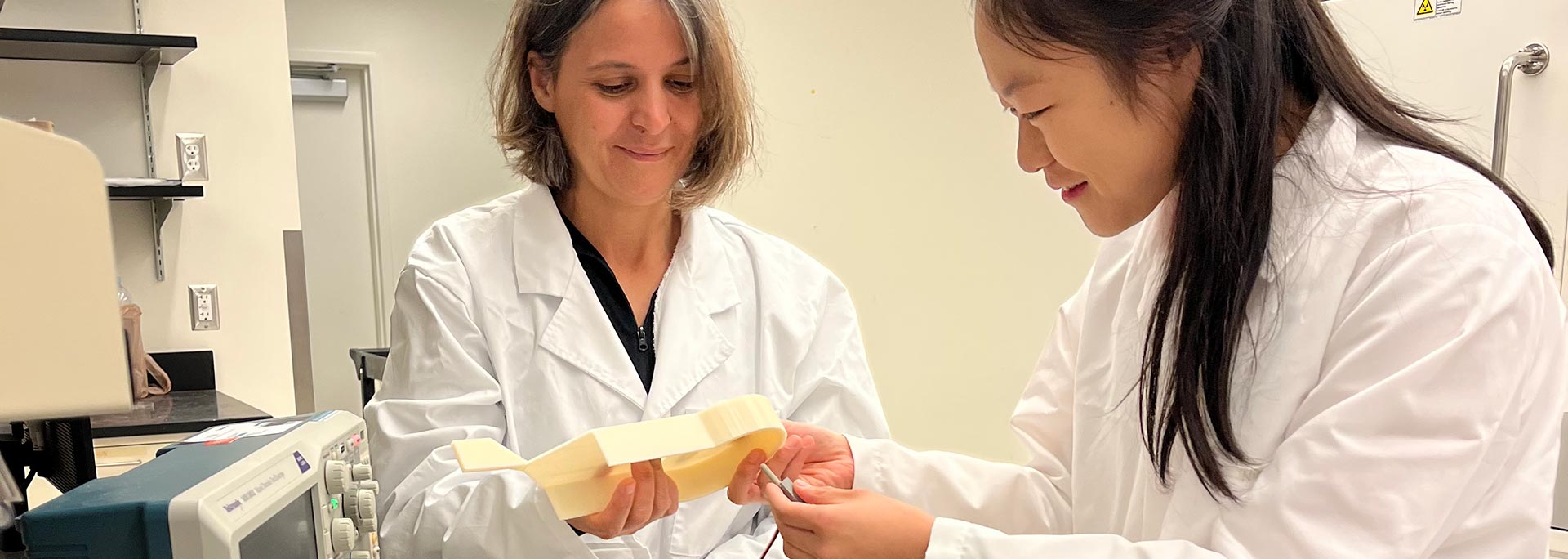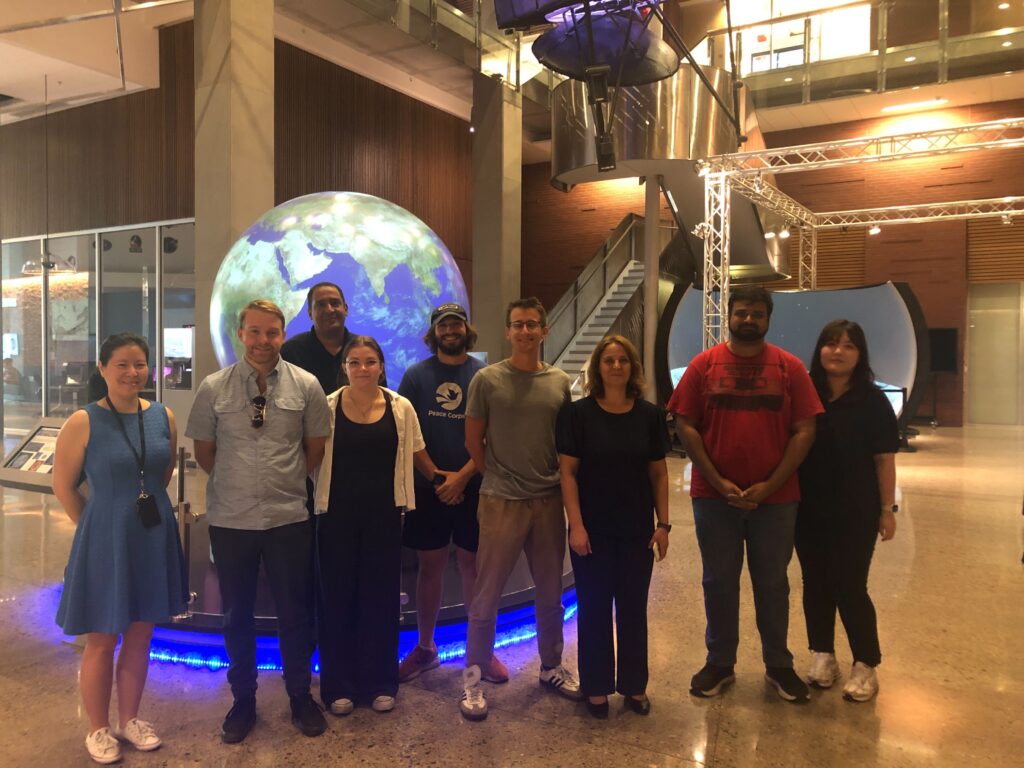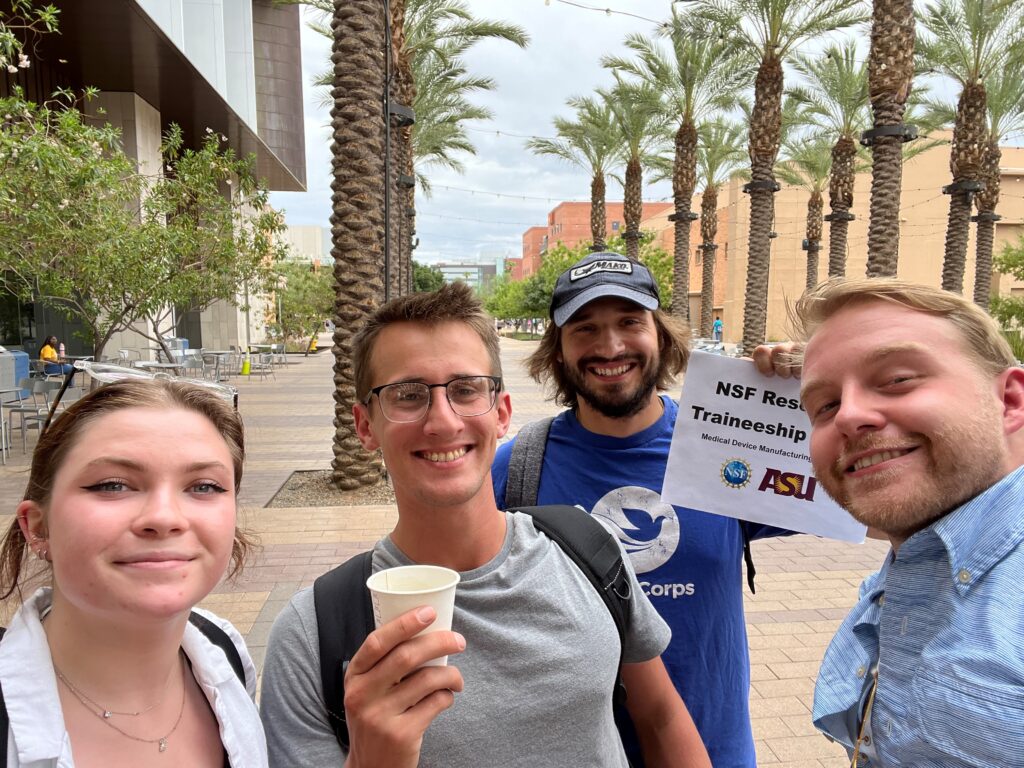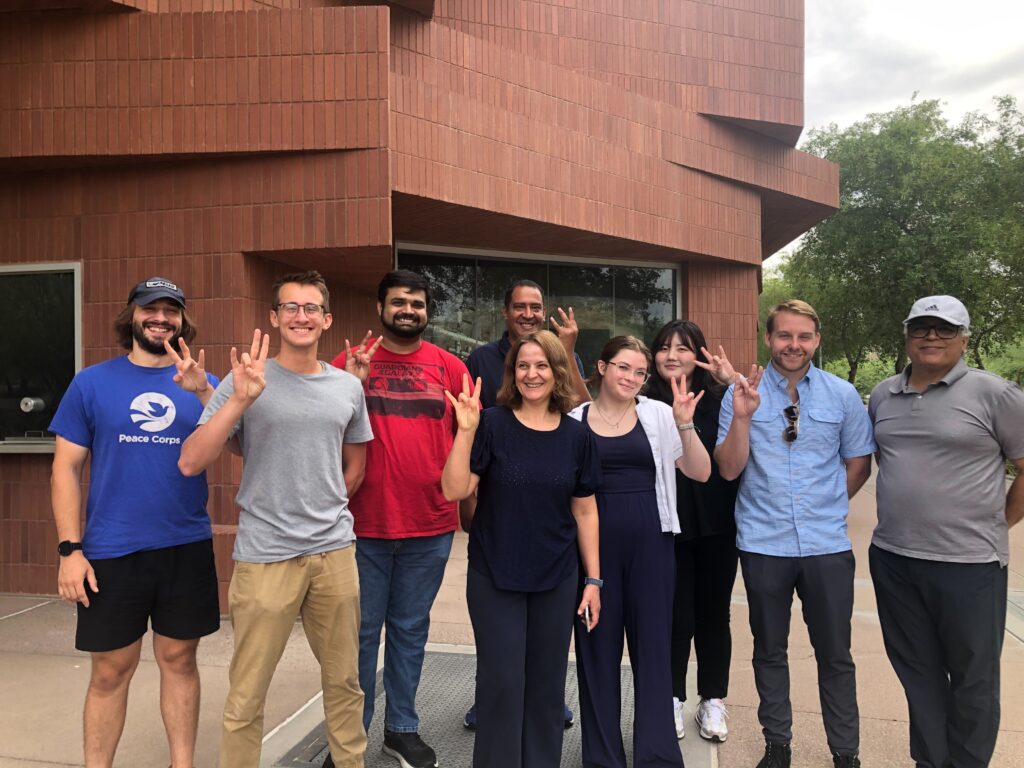
About the NSF Research Traineeship
The NSF Research Traineeship (NRT) in Medical Device Manufacturing and Design at Arizona State University trains master’s and doctoral students through an interdisciplinary focus on the engineering and science involved in tackling health challenges and improving outcomes.
Eligible NRT students will receive a stipend of $34,000/year. Additional benefits include tuition coverage, the ability to participate in social and professional activities, and the opportunity to work and learn from NRT collaborators such as medical doctors and industry VPs and executives.
The NRT program complements each student’s degree program and advances their knowledge and understanding of human-centered design and manufacturing of devices and implants in areas relevant to health and medicine. NRT program courses and components will be integrated within individual students’ degree program such that it will have minimal impact on the time to graduate.
Students in the NRT program will have the opportunity to:
- Work alongside a faculty advisor on research
- Learn from experts in the field through NRT courses and seminars
- Participate in a residency at the Mayo Clinic
- Intern at the MedTech Accelerator
- Build on their skills through professional development workshops and a Graduate-Undergraduate Mentorship program
- Turn their ideas into reality with patent and commercialization support


